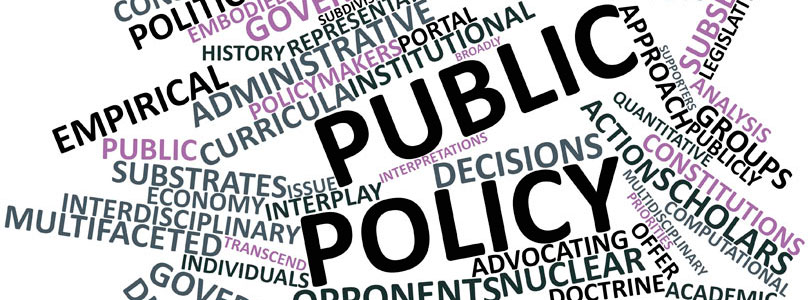News Highlight
Although excellent public policies promote economic progress, there is minimal interest in public policy education in India.
Key Takeaway
- Government policies are critical in determining a country’s future.
- Effective public policies promote economic growth and public welfare while making life easier for citizens.
- In India, however, there is minimal interest in public policy education.
- Only a small minority of policymakers – civil service personnel — receive formal public policy and management education.
- Both public policy and public administration are called “public management.”
Public Policy in India
- After Independence
- Following independence in 1947, the Indian economy suffered from poverty, unemployment, low national income, agricultural stagnation, and other problems.
- India adopted a mixed economy, with socioeconomic development as the primary goal of public policy.
- Five-year plans centred on industrial and agricultural growth.
- Originally, the five-year plan prioritised agricultural growth, while the second FYP prioritised heavy industrialisation.
- Together with them, planning focused on defence spending, public development spending, exports, rural development infrastructure, social infrastructure, and so on.
Achievements of Planned Development
- Growth in growth rate: India’s GDP stood at 2.7 lakh crore at independence.
- It increased when LPG was valued at 232.15 lakh crore at the time of writing.
- National and per capita earnings are rising.
- Savings increase.
- Infrastructure development, both physical and social.
- Achieving self-sufficiency in agricultural output.
Failures of Planned Development
- Economic inequality
- Despite rising national wealth, economic inequality has increased.
- Social injustice
- The public sector has failed to meet its goal of “economic growth with social justice.”
- Unemployment
- ‘Jobless growth’ has been observed in India.
- Slow growth in the production sector
- The stagnant sector contributes only 16% of GDP and employs only 12% of the workforce.
- Standard of living
- On the Human Development Index, India ranks 131st out of 189 countries; this is one of the markers of a low standard of living.
Why does public management remain a neglected field in India?
- Insufficient formal education in public administration compared to business administration education.
- Just 130 public, private, and not-for-profit universities and 29 institutions provide public administration and public policy programmes.
- Because little employment is available for persons who complete such courses, institutions do not offer many public management programmes.
- As a result, neither educational institutions nor students see any reason to select public management courses.
- Before joining the service, very few civil servants had any experience with public management.
- There are also a few possibilities for in-service officials to study public administration in India and overseas.
Strengthening Public Policy in India
- Reduced fragmentation: Appointing fewer secretaries will help to lessen fragmentation.
- Decentralising implementation authority and decoupling policymaking and implementation.
- Increasing information flow from outside the government and integration.
- “Policy Advisory Group” brings together many skills and considerable expertise in law, business, economic policy, and social policy.
- Selected top civil servants with diverse experience and a generalist approach can provide practical insights.
- Academics with experience in the topic can provide industry-specific and technical knowledge.
Way Forward
- Before entering the civil service, civil officials receive formal education in public management.
- In creating a chance or incentive for universities and private institutions to offer the topic at the graduate or postgraduate level.
- Pupils become better citizens as well as competent managers in the business sector.
- The government’s existing training institutes should include a larger public policy component in induction training.
- To provide new work opportunities for graduates of public policy programmes, the government can develop specialised roles for public policy analysts.
Pic Courtesy: Manav Rachna
Content Source: The Hindu



